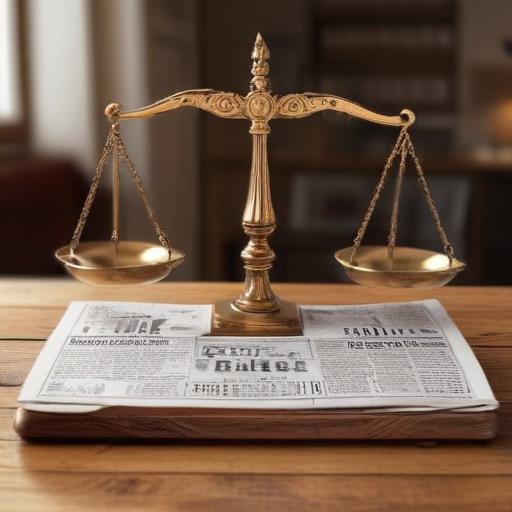Former President Barack Obama has recently sparked widespread discussion with a video clip highlighting what he perceives as a stark double standard in political accountability, comparing his experiences in office to those of Donald Trump. Speaking during a panel at Hamilton College, Obama reflected on how his administration faced intense scrutiny and backlash over minor decisions, emphasizing that today’s political environment permits actions from Trump that would have drawn immediate outrage had he been in the same position.
Obama pointed to specific actions undertaken by Trump, including the indefinite banning of Associated Press journalists from presidential locations like the Oval Office and Air Force One, actions he argued would have led to a swift impeachment if he had taken similar steps. He also discussed executive orders from Trump that specifically targeted law firms representing dissenting clients, which drew criticism for being retaliatory and threatening to undermine legal representation.
The former president expressed disbelief over the lack of accountability for current administration actions, stating, “It’s unimaginable that the same parties that are silent now would have tolerated behavior like that from me or a whole bunch of my predecessors.” He stressed the importance of national values, asking, “Who are we as a country, and what values do we stand for?”
Audience reactions online have echoed Obama’s concern, with many reflecting on the disproportionate critiques he faced compared to the leniency towards Trump’s controversies. Some commenters reminisced about the minutiae, such as Obama’s tan suit or his burger preferences, which incited media frenzy, contrasting these trivial controversies with the severe measures currently in place against protesting students and others voicing dissent.
The conversation raises a pivotal question about the evolving political landscape in America, illustrating how norms and thresholds for outrage have shifted dramatically over the years. This thought-provoking dialogue serves as a reminder to remain vigilant about political accountability and the standards we hold our leaders to, fostering a more engaged and informed electorate in the process.
As the debate continues to unfold, it’s essential for citizens to reflect on these issues and advocate for the values that define democratic governance. Such discussions could lead to a future where accountability is a constant and not a selective practice.
